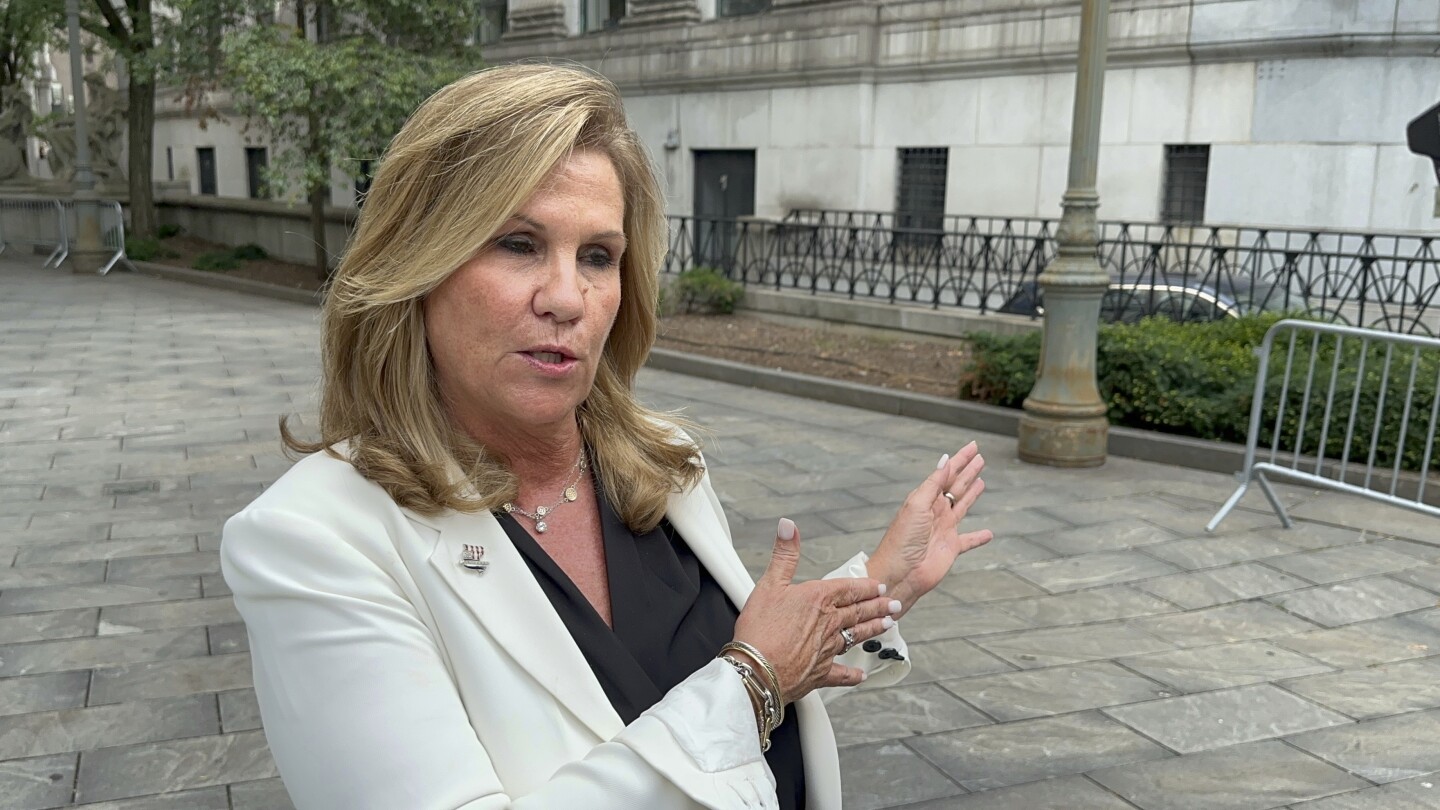A Defense Department disagreement over how to bring to justice the accused mastermind of the Sept. 11 attacks and two others has thrown the cases into disarray and surfaced tension between the desire of some victims’ families to see a final legal reckoning and the significant obstacles that may make that impossible.
Defense lawyers and some legal experts blame many of the endless delays on what they call the “original sin” haunting the military prosecutions: the illegal torture that Khalid Sheikh Mohammed and his co-defendants were subjected to in CIA custody. That years-old abuse has snarled the case, leaving lawyers to hash out legal issues two decades later in the now often-forgotten military courtrooms at the U.S. base at Guantanamo Bay, Cuba.
An approved plea bargain sparing Mohammed and two co-defendants from the death penalty appeared to clear those hurdles and push the cases toward conclusion. But after criticism of the deal from some family members and Republican lawmakers, Defense Secretary Lloyd Austin on Aug. 2 revoked the deal signed by the official he had appointed.



Associated Press - News Source Context (Click to view Full Report)
Information for Associated Press:
Search topics on Ground.News
https://apnews.com/article/sept-11-torture-guantanamo-death-penalty-trials-5742ea797014d3fd48cfaae4c9f180f8
Media Bias Fact Check | bot support